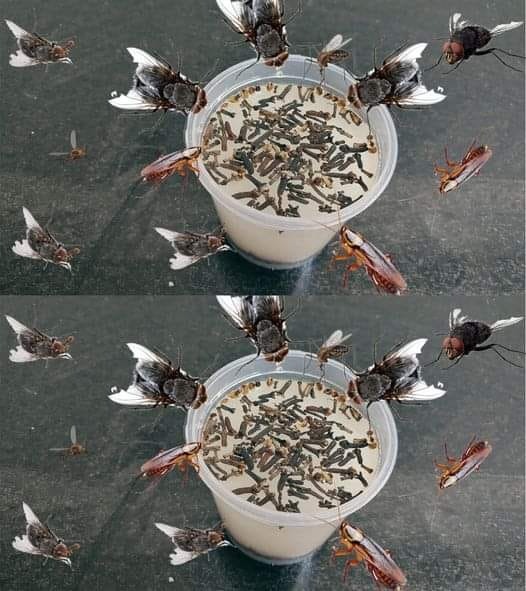Ceramic: Provides a non-reactive cooking surface but can be prone to chipping.
Each material presents unique benefits and drawbacks, and the choice depends on individual cooking habits and health considerations.
Expert Opinions and Guidelines
The safety of aluminum cookware remains a topic of debate among experts. Some assert that the amount of aluminum leached into food is minimal and not a significant health concern, especially when using anodized aluminum cookware, which has a protective layer reducing leaching. Others advise caution, suggesting that even low-level, long-term exposure could be harmful, particularly for individuals with specific health conditions.
Regulatory organizations, including the World Health Organization (WHO) and the Food and Drug Administration (FDA), have established guidelines for safe aluminum exposure. While these agencies generally consider aluminum cookware safe for everyday use, they recommend minimizing exposure by avoiding the cooking of highly acidic or salty foods in aluminum pots and pans.
Recommendations for Safer Cooking Practices
For those concerned about potential aluminum exposure, several steps can be taken to reduce risks:
Use Alternative Cookware: Opt for stainless steel, cast iron, glass, or ceramic cookware, which do not pose the same leaching risks as aluminum.
Avoid Cooking Acidic or Salty Foods in Aluminum: Such foods can increase the leaching of aluminum into meals.
Replace Worn Aluminum Cookware: Scratched or pitted pots and pans may leach more aluminum into food.
Staying informed about the latest research and guidelines can help individuals make educated decisions regarding their cookware choices and overall kitchen safety.






